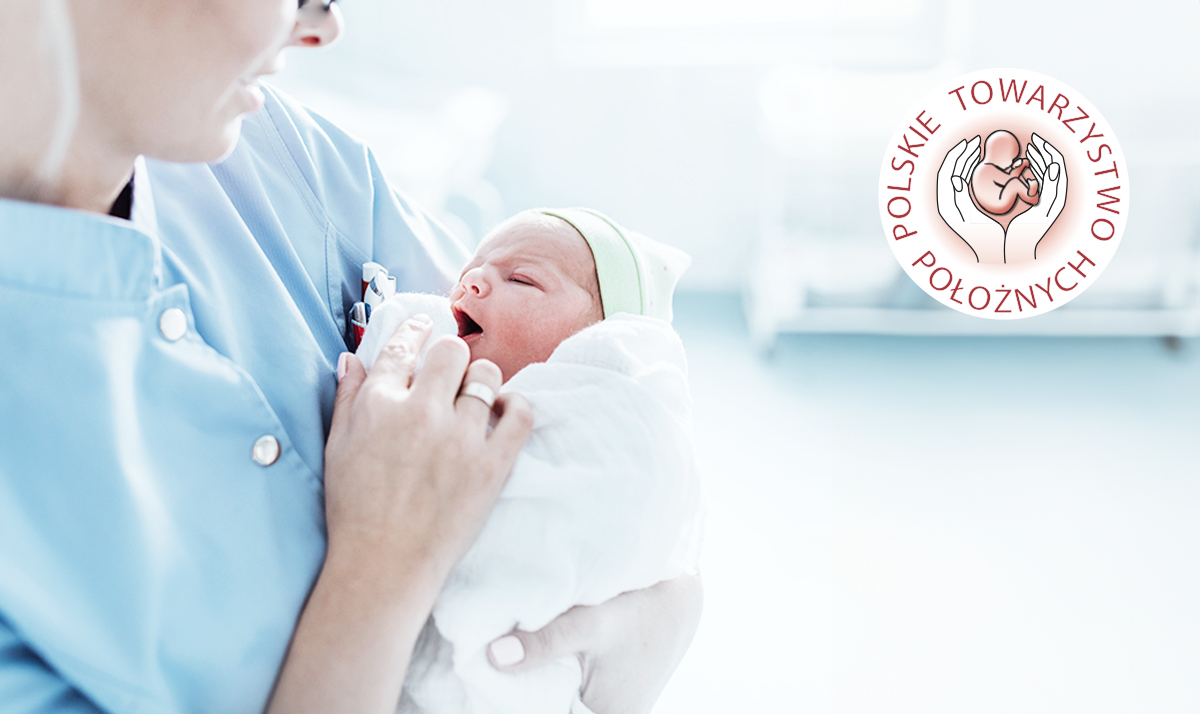What can a pediatrician suggest about building immunity?
- He will explain why children, especially those with allergies, get sick more often.
- It will choose substances that will help prevent infections.
- He will give ways with which to strengthen immunity on a daily basis.
- He will explain why even a daily activity like restful sleep is more important than vitamin C supplementation.
During the autumn and winter period, the question is asked in my pediatrician’s office every day, “What can I give my child so that he doesn’t get so sick?”. We would like to quickly and most eagerly, with the help of tasty syrup, prevent ever-recurring runny noses, coughs, fevers in our kids. Unfortunately, there is no such panacea, but I will try to present below what you can do to visit the pediatrician less often
A child’s immunity is a product of the mechanisms of his immune system and his environment. We have no control over the fact that children’s immune systems don’t mature until about age 8-9, and many of its components don’t work as well as adults, which is why illnesses are so common at age nursery and kindergarten. In addition, it is estimated that up to 30% of the child population will now develop allergies (in various mechanisms and symptoms), which promotes more frequent infections.
Children as young as 7-8 years old can get sick 6-8 times a year, even if they don’t go to the Kindergarten or nursery. Children attending such facilities can get sick up to 10 times a year, and this too is the norm. Clearly, the collectivization of children, i.e., their accumulation in a nursery/preschool/school group, promotes more frequent exposure to infections. Fortunately, a properly functioning immune system gets better and better at dealing with subsequent encounters with viruses and bacteria as it trains, that is, as it goes through more infections.
But does science know any ways to make our immunitydefend our body faster and more effectively?
Yes!
Documented action in preventing infections, has few substances, three to be exact:
- Vitamin D3 (the most important immunomodulatory vitamin)
- Probiotic bacteria like Lactobacillus and Bifidobacterium (also natural in silage and dairy products)
- Bacterial lysates (i.e., fragments of bacteria that are designed to enhance the immune system’s vigilance).
However, every scientific study on immunity emphasizes that immunizations (e.g., pneumococcal, influenza, whooping cough) and a healthy lifestyle are more important than administering preparations.
Let’s elaborate in a few points on what we can DO every day to take care of our children’s immunity:
- A diet rich in vegetables and fruits,
- Movement, a minimum of 1 hour every day, regardless of the weather, preferably outdoors,
- Sleep, 8-10 hours a day,
- Clean air, and when smog in the city wearing a mask and frequent trips outside the city,
- Avoiding cigarette smoke in the environment,
- Hand washing,
- Avoiding crowded places.
So what about: vitamin C, echinacea, aloe vera, chokeberry, elderberry, beta – glucan, Tibetan herbs, grapefruit, peat, inosine, homeopathic preparations ?
There is no SCIENTIFIC EVIDENCE that they work in the child population.
Probably the most surprising thing is the LACK of vitamin C in the aforementioned immune support suggestions.
A meta-analysis of studies by Douglas et al. was published in 2007. pt “Vitamin C in preventing and treating common cold” and ended the dispute over the beneficial effects of vitamin C in respiratory infections, especially the common cold. It has been shown to lack efficacy in preventing and treating the aforementioned. in children, while a prophylactic effect has been achieved among marathon runners and soldiers working in Arctic conditions so to these groups it is worth recommending this vitamin.
Taking care of children’s immunity is a long-term process, based on daily healthy habits, but it is worth the effort, because preventing diseases is definitely better than curing them.
Hanna Siankowska
Specialist in Pediatrics




